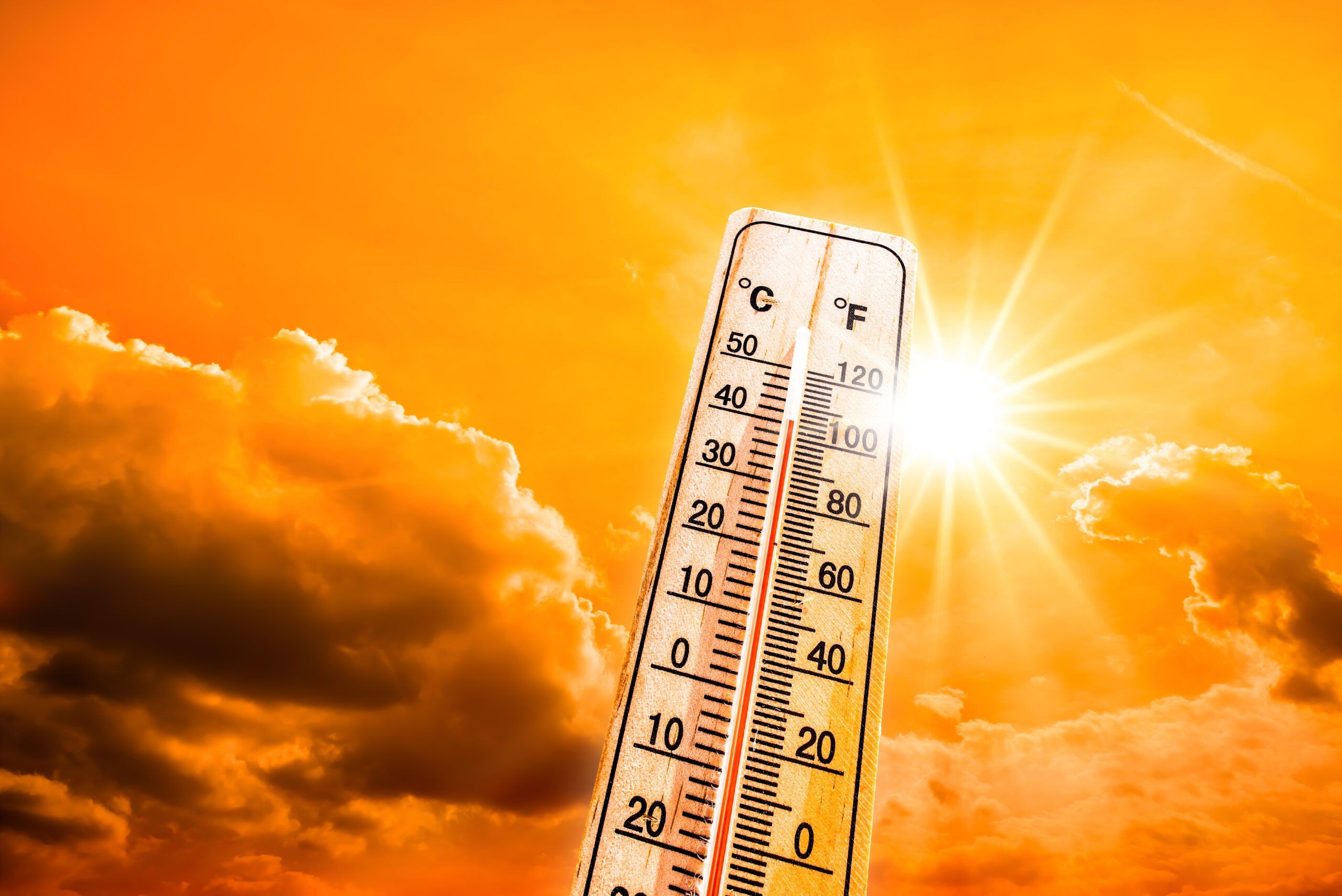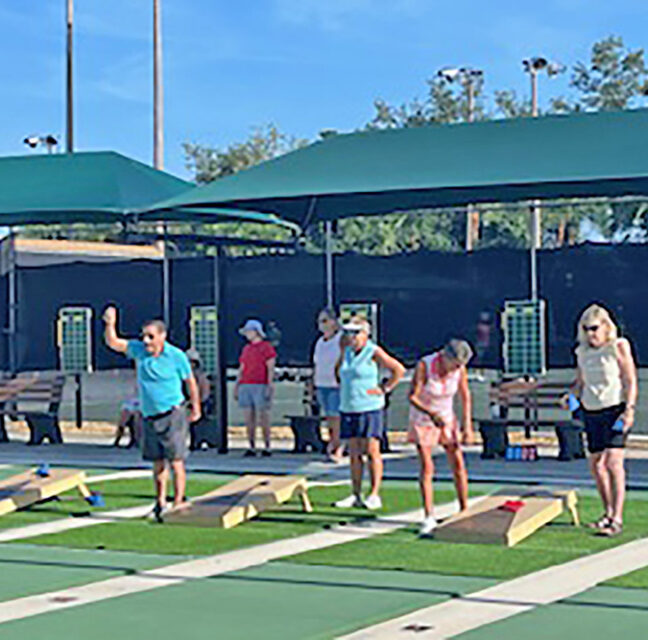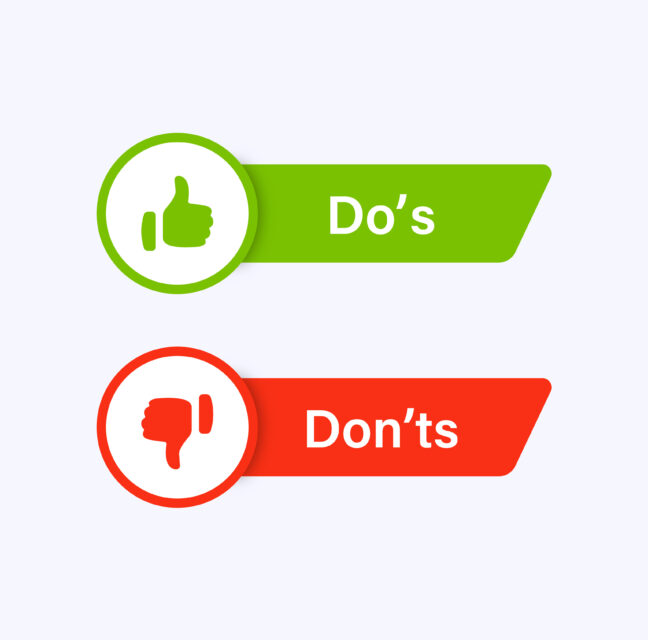
When enjoying outdoor activities in the sun or working outside during times of hot temperatures, it’s not that difficult to experience overheating that can lead to heat exhaustion or heatstroke. And if the humidity is high, your body has an even harder time releasing heat since your sweat doesn’t evaporate as quickly. Heat-related conditions can also occur if you overexert yourself in a room that is too warm.
Symptoms of heat exhaustion can include heavy sweats with cold clammy skin, a weakened heartbeat, nausea or vomiting, muscle aches and cramps, fatigue, confusion, dizziness, and headaches. Heat exhaustion that does not subside within an hour requires medical attention.
More serious is heatstroke. A body temperature of 103 degrees or higher is a key sign. Other indicators are skin that is hot to the touch, a strong and rapid heart rate, a headache, dizziness or vertigo, nausea, confusion, and loss of consciousness and convulsions. Heatstroke can occur suddenly, without the preceding symptoms of heat exhaustion. For possible heatstroke, it is necessary to call 911 for medical care at once since any delay can be fatal.
While the main cause of heat-related disorders is your body’s inability to cool itself, dehydration, alcohol consumption, and wearing heavy or tight clothing can also contribute. Young children and adults over age 65 are also at higher risk because their ability to regulate their body’s temperature is diminished. Medications that reduce the ability to stay hydrated also increase the risk of heat-related disorders.
To prevent heat-related conditions, you need to keep your body temperature cool, especially when working or taking part in activities in the heat of the sun. First and foremost, it is important to:
• Drink more than usual to stay hydrated.
• Avoid alcoholic and caffeinated beverages as they increase the chance of dehydration. Similarly avoid sugary drinks.
• Try to avoid being outdoors during the hottest part of the day and in direct sunlight.
• Use an air conditioner if you have one. If not, spend some time at a public place such as a mall, movie theater, or library to cool your body.
• Wear light colored, loose clothing and wear a hat outside.
• Take cool baths or showers to help yourself remain cool.
• Whether working or enjoying strenuous fun activities, take frequent breaks.
• Never remain in a hot closed car.
You should always take symptoms of heat-induced conditions seriously and, if they appear, seek immediate medical attention. But as always with preventable health situations, the best cure is prevention. Do your best to avoid circumstances that may lead to heat-related disorders.






